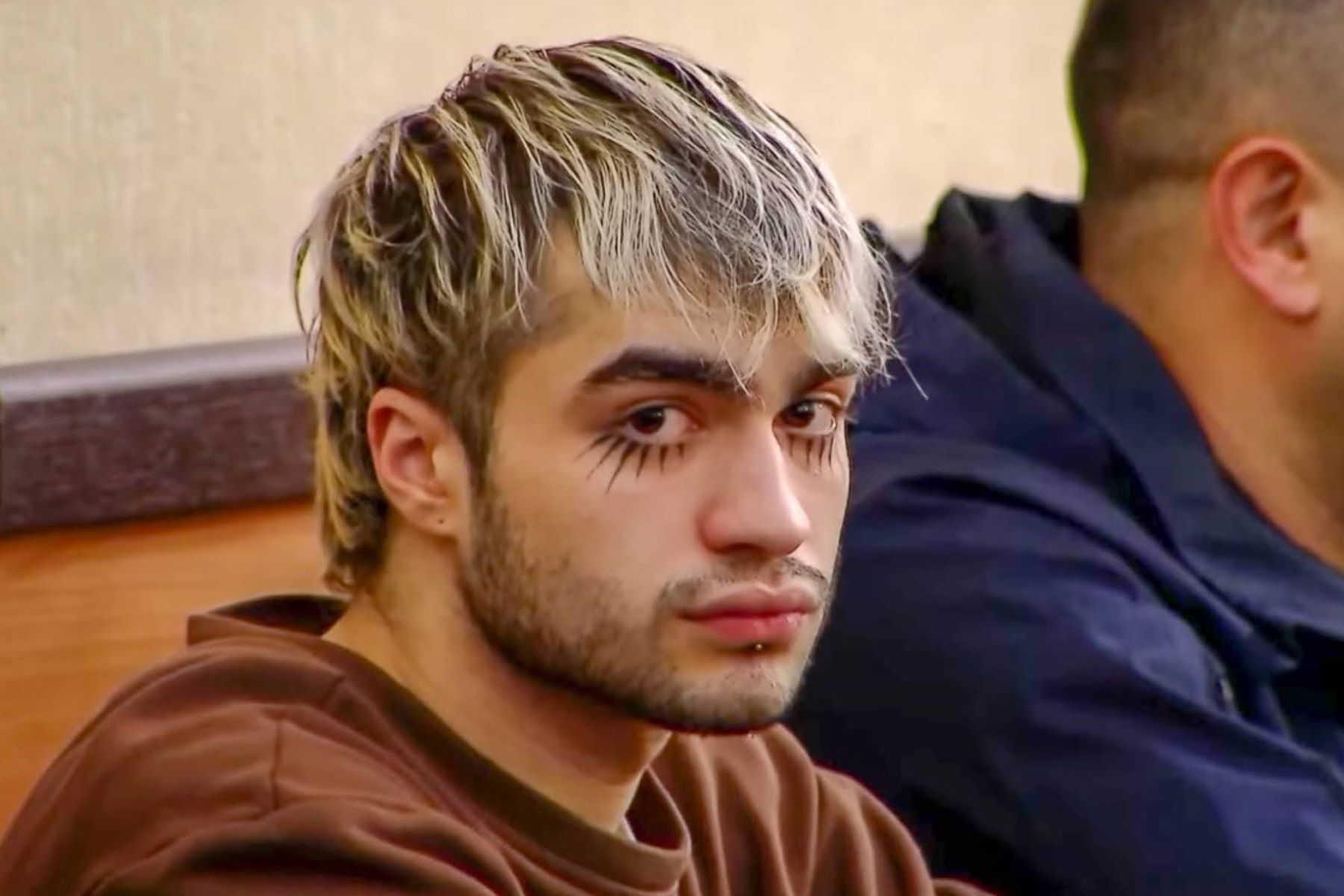
The Georgian Young Lawyers’ Association (GYLA) has claimed that the authorities failed to provide the detained foreign agent law protester Lazare Grigoriadis with a lawyer and that he was coerced into incriminating himself.
On Tuesday, the Tbilisi-based rights group alerted the public and the Georgian Public Defender against ‘possible violations’ of the rights of Lazare Grigoriadis, a 21-year-old man who participated in the March anti-government protests against the foreign agent bills.
Grigoriadis, detained less than three weeks after the protests succeeded, faces up to 11 years in prison if found guilty of throwing two Molotov cocktails at the police and setting a police car on fire.
On Monday, his lawyer, Lika Bitadze, claimed Grigoriadis was initially deprived of his right to an attorney and that later, Grigoriadis was misled by the investigators, who suggested that he would be able to use his mobile phone to contact a lawyer.
However, the investigators allegedly took away Grigoriadis’ phone after he had unlocked it.
[Read more on OC Media: First person charged and detained over Georgia’s foreign agent protests]
On Tuesday, GYLA cited Bitadze as claiming her client was pressured into confessing after investigators threatened his friend.
‘He says that “if I didn’t give a testimony, and of course, it had to be an admission of guilt, they would have detained my friend Giorgi Jariashvili” ’, Bitadze claimed.
In an interview with Formula, Grigoriadis’ grandfather, Gia Kalandadze, corroborated Lazare’s claim.
‘The privilege against self-incrimination is an absolute right, and any kind of coercion to receive testimony from a person is an action against it’, GYLA stated.
GYLA also highlighted the fact that despite high public interest, Tbilisi City Court did not even try to substantiate their decision to remand Lazare Grigoriadis into pre-trial custody on 31 March.
Bitadze claimed that her client was also pressured into getting his hair cut.
On Monday, the Penitentiary Service denied that Grigoriadis was pressured into cutting his hair or that he was denied access to his attorney.

GYLA warned that given the diverging claims, investigating any potential pressure placed on Grigoriadis would need an independent probe.
The rights group cited the 2003 ruling by the European Court of Human Rights in the case of Yankov v Bulgaria, in which the Court agreed that the forced shaving of a detainee’s hair amounted to a violation of the European Convention on Human Rights against inhuman or degrading treatment.
A man ‘with a confused orientation’ and guilty before proven
In their statement, GYLA also noted that high officials had violated Grigoriadis’ right to the presumption of innocence.
The 21-year-old’s arrest and the charges brought against him triggered public outcry, as the coverage of pro-government media appeared to have largely focused on Grigoriadis’ dyed blond hair, use of cosmetics, and other physical attributes to shape public opinion against him.
Figures of the ruling Georgian Dream party also described him as a culprit instructed to incite riots by their political rivals, and commented on his personality and private life.
Opening Monday’s government session, Prime Minister Irakli Gharibashvili accused Grigoriadis of being an ‘anarchist’.
‘Everyone saw footage of one of the anarchists throwing a Molotov cocktail at the police […] This person intended to burn a police officer alive’.
Gharibashvili has notably lashed out at young protesters who took part in the foreign agent law protests, also referring to them as ‘satanist-looking’.
[Read more on OC Media: Poisoned, soaked, but still dancing: Georgia’s Zoomers come of political age]
On Monday, referring to Grigoriadis, the parliamentary majority leader Mamuka Mdinaradze insisted ‘no one was interested in anyone’s visual [appearances] or sexual orientation’.
This contradicted statements by his party chair, Irakli Kobakhidze, who repeatedly described Grigoriadis as having ‘all sorts of [sexual] orientations confused’.
When asked about what he meant, on 31 March, Kobakhidze clarified that ‘every sort of orientation is relevant when there’s a possibility of a causal relationship between a person’s orientation and what they do’.









